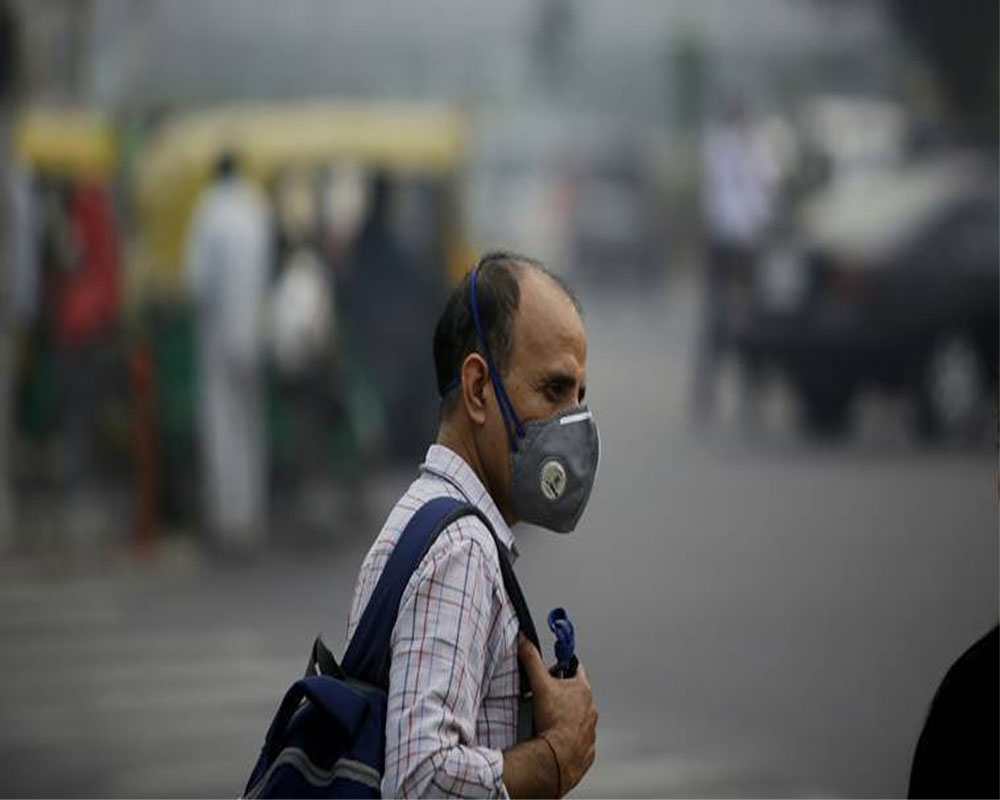The first Covid-19 lockdown in India led to an improvement in air quality and a reduction in land surface temperature in Delhi, Mumbai, Kolkata, Chennai, Bangalore, and Hyderabad, say researchers.
The study led by scientists from the Central University of Jharkhand and University of Southampton in the UK found that the significant environmental improvement was due to an abrupt reduction in industrial activities and a major decrease in the use of land and air transport.
The team used data from a range of Earth Observation sensors, including those from the European Space Agency's Sentinel-5p and NASA's MODIS sensors, to measure changes in surface temperature and atmospheric pollutants and aerosols.They compared data from the 2020 March to May lockdown with pre-pandemic years in Delhi, Mumbai, Kolkata, Chennai, Bangalore, and Hyderabad.
Their findings, published in the journal Environmental Research, revealed a significant reduction in Nitrogen Dioxide (NO2), a greenhouse gas emitted from the combustion of fossil fuels, which equated to an average decrease of 12 per cent throughout India and 31.5 per cent over the six cities. There was a 40 per cent reduction over the national capital.
The study also found Land Surface Temperature over major cities in India substantially declined in contrast with the previous five-year average (2015-2019) with day temperatures being up to 1 degree Celsius cooler and those at night up to 2 degree Celsius cooler.
"The lockdown provided a natural experiment to understand the coupling between urbanisation and local microclimate. We clearly observed that reduction in atmospheric pollutants (due to reduction in anthropogenic activity during lockdown) resulted in a decrease in local day and night-time temperature. This is an important finding to feed into the planning for sustainable urban development," said Professor Jadu Dash, from University of Southampton.
Further, the atmospheric fluxes at the surface and top of the atmosphere also saw a significant decline over major parts of India. The reduction of greenhouse gas concentration, higher atmospheric water vapour content and meteorological conditions played a complex role in the land and near-surface temperature reduction.
"The aerosol type sources, such as organic carbon (OC), black carbon (BC), mineral dust, and sea salt also reduced significantly," said Bikash Parida, from Central University of Jharkhand.
Covid-induced lockdown improved air quality in India: Study
Wednesday, 02 June 2021 | IANS
| Ranchi
Covid-induced lockdown improved air quality in India: Study
Wednesday, 02 June 2021 | IANS | Ranchi


























